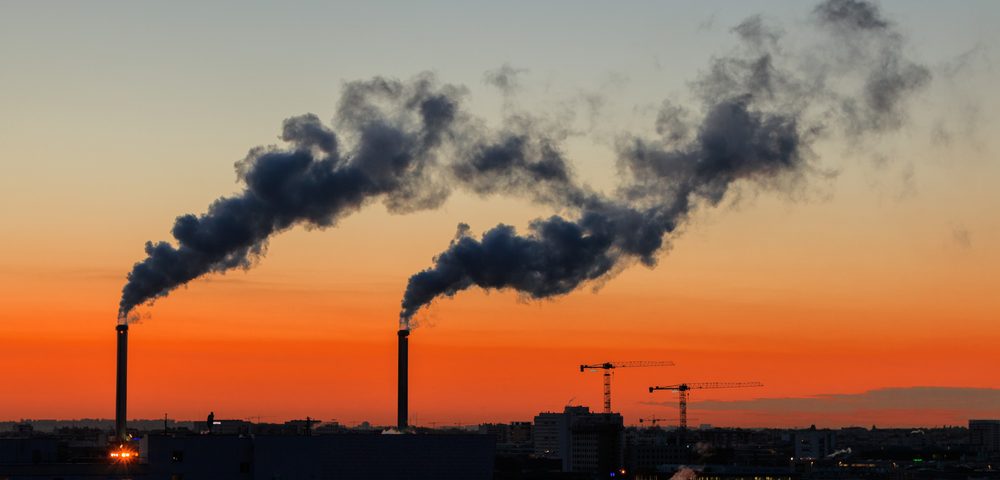The decrease in air pollution associated with the COVID-19 pandemic has eased symptoms in many people with lung conditions, including bronchiectasis, a new survey from the British Lung Foundation (BLF) found.
Globally, the COVID-19 outbreak and resulting restrictions has led to decreased activity of all types across broad areas of society. Less active industry, combined with fewer people driving, have led to substantial drops in air pollution. For example, according to the BLF, levels of the air pollutant nitrogen dioxide have dropped by about 40%.
“Air pollution can increase your likelihood of getting a lung condition and cause lasting damage to children’s growing lungs,” Zak Bond, policy and public affairs officer at the BLF, said in a press release.
“For those most vulnerable to the effects of air pollution, such as people with existing respiratory conditions, or those recovering from covid-19, clean air is crucial for living well now, and in the future,” Bond said.
The BLF surveyed more than 14,000 people living with lung conditions in the U.K. to assess the effect of lower air pollution. More than half (57.2%) said they had noticed a decrease in air pollution since the start of the COVID-19 pandemic-associated lockdown. About one in six (16.2%) reported that their symptoms had lessened.
Considering that there are about 12 million people living with lung conditions in the U.K., this corresponds to an estimated 1.94 million individuals experiencing reduced symptoms.
Among people with asthma, specifically, nearly a quarter (24.6%) reported benefits.
“The difference is substantial!” said Paul, age 14, who was diagnosed with asthma at age five. “I walk out, and I’m hit with clean air which is like a utopia compared to before; there are still problems, but you can really feel the difference now. This lockdown, in my eyes, has been really beneficial for highlighting the main sources of our air pollution problem, which has made me really happy!”
Added Sarah, Paul’s mother, who also has another son with a lung disorder: “Paul has used his reliever inhaler a lot less (and so have I!), and my youngest son’s constant cough is a lot less noticeable.”
“This has been such a positive outcome from such a negative experience!” said Sarah, a project manager.
The Taskforce for Lung Health — a coalition of more than 30 organizations, including the BLS, that are concerned with lung health — is calling for legal action to help keep air pollution to a minimum. In particular, the Taskforce is calling on governments to adopt legal limits set forth by the World Health Organization, known as WHO.
“Our legal limits [in the U.K.] remain higher than those recommended by the World Health Organization,” said Alison Cook, Taskforce chair.
“The government has made commitments to reduce emission levels, but it must go further and bring WHO limits into legislation via the Environment Bill,” Cook said. “The biggest cause of dangerous air pollution in our towns and cities is from road transport, which is why the Taskforce for Lung Health is also calling for Clean Air Zones in the most polluted towns and cities across England.”
Stephen Holgate, MD, a clinical professor of immunopharmacology at the University of Southampton and a U.K. Clean Air Champion, noted that air pollution has the potential to harm everyone, not just those with lung conditions.
“We need to do better. Our legal limit is more lenient than the limit recommended by the international health community and people are being exposed to the harmful effects of air pollution as a result,” he said.
“It is so important that we take this opportunity to recognise the lived experiences of people with lung conditions, who are some of the most vulnerable to air pollution, and apply what we have learnt from the impact of lockdown to build a future where we prioritise clean air,” Holgate added.

